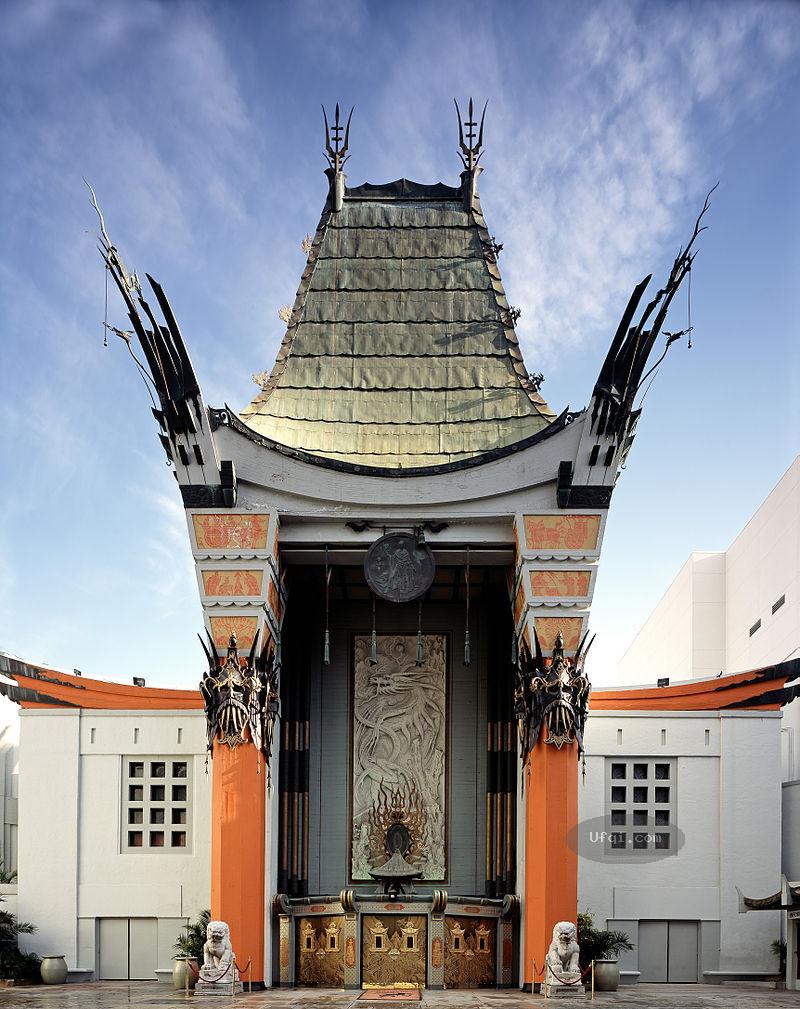


2023-07-26 , 9441 , 104 , 144
美联储主席格林斯潘回忆录——动荡年代:勇闯新世界-84: RUSSIA'S SHARP ELBOWS
SIXTEEN
RUSSIA'S SHARP ELBOWS
To say I was startled doesn't do the moment justice.
Vladimir Putin's chief economic adviser, Andrei Illarionov, approached me after a
U.S.-Russia bilateral meeting at the International Monetary Fund in October 2004 and asked,
"The next time you are in Moscow, would you be willing to meet with me and some of my friends to discuss Ayn Rand?"
For Rand, the uncompromising defender of laissez-faire capitalism and fiery foe of Communism, to have penetrated the cloistered enclave of Russian intellectual leadership was to me mind-boggling.
Putin certainly must have been familiar with Illarionov's staunch defense of free competitive markets when he hired him.
Was Illarionov thus a window into the policy inclinations of Putin?
Was the culture under which all Russians were raised being shed that quickly?
It seemed incredible that Putin, this former member of the KGB, could have developed so un-Soviet a perspective in so short a time.
The reality, obviously, is far more complex.
When Putin was appointed acting president by Boris Yeltsin at the end of 1999, he capped an astonishing rise through the ranks that had started only four years earlier when he began working in Moscow as a presidential adviser.
He was named deputy head of presidential administration in 1997 and came to the attention of the world in 1998 when, as head of the Federal Security Service,
he ordered Russian troops into Chechnya.
His presidency was embraced by reformers, who felt confident he would promote continued evolution to a market economy.
THE AGE OF TURBULENCE
From the start, Putin expressed support for such reforms, although he argued that they must work in concert with "Russia's realities," including the tradition of a paternalistic state.
Within two years, Putin, along with Illarionov, pushed through the Duma an aggressive agenda of tax reform, deregulation, and some privatization of land,
with the clear goal of steering Russia into the global economy.
But after this promising embrace of capitalism, Putin began to backtrack toward authoritarianism.



Apparently, he feared that Russia would become subject to market forces over which he had no control.
In particular, the oligarchs—business opportunists who had laid claim to much of
Russia's productive wealth through special loans-for-shares deals with the Kremlin during the 1990s—were seen as using their riches to subvert his regime.
As a consequence, starting in 2003, a different economic strategy began to emerge.
Through selective enforcement of new and existing laws, Putin wrenched control of myriad energy assets back into the Kremlin's orbit.
The key driver of Russian economic growth—oil and gas—is becoming increasingly nationalized in Russian government-owned or government-controlled monopolies like Gazprom, which dominates natural gas, and Rosneft, which dominates oil.
Mikhail Khodorkovsky, the founder of Yukos Oil, was jailed and stripped of his assets, which Rosneft then swallowed.
I do not pretend to know whether Khodorkovsky was guilty of the crimes with which he was charged. But the stark shift from the Kremlin's earlier market liberalism clearly disillusioned Illarionov, and he was soon publicly criticizing his boss.
He openly called the retroactive tax claim on Yukos's assets and the scarcely hidden financial manipulations in favor of Rosneft the "swindle of the year."
Given Putin's KGB roots and his upbringing in a collectivized society,
it is unlikely that he has a deep understanding of how free markets work.
But his choice of Illarionov as chief economic adviser had to mean he had been attracted by the evident successes of capitalism in fostering high standards of living.
324
RUSSIA'S SHARP ELBOWS
Ultimately, however, Putin may have found himself more threatened by the seeming anarchy of Yeltsin's capitalism than inspired by the stabilizing force of Adam Smith's invisible hand.
Then again, I doubt that Adam Smith was the primary issue on Putin's mind.
His seizure of Russia's oil and gas wealth, and his ham-handed cutoff of natural gas to Ukraine and Western Europe for two days in January 2006 were most likely
aimed at restoring Russia's international relevance.
What is remarkable in all this is that it took so long for Illarionov to be demoted.
Eventually he was relieved of his role as presidential representative to the G8 heads of government, and in 2005 he resigned, stating that Russia was no longer a free country.



UfqiLong
But Illarionov's extended Kremlin ten-tire may reflect a grudging attraction by Putin to the capitalist paradigm.
Putin's ambivalence about retreating fully from Yeltsin's democracy surfaced in a revealing exchange with former Soviet leader Mikhail Gorbachev,
who described it in a 2006 radio interview.
Gorbachev quoted President Putin as saying that "the influence of mafia groups and other such elements is so strong that elections become buyer-seller situations."
This was bad, Gorbachev said Putin told him,
"because you can't have democracy and fight crime and corruption if criminal elements are able to infiltrate the ranks of the government in such a way."*
Is Putin a man who would be drawn to democracy if crime and corruption were largely eliminated,
or is he just an effective debater on the side of authoritarianism?
Gorbachev seems to believe the former.
Certainly a significant part of the Russian economy under Putin continues to throw off the shackles of Soviet central planning, an indication of an acceptance of
greater freedoms.*
*In the same March 1, 2006, interview, Gorbachev said, "As a country in transition, it is inevitable that some freedoms are impinged on and that some mistakes are made.
But I am convinced that our president is not trying to install any sort of authoritarian rule." Ironically, he made these remarks on Radio Free Europe, the American broadcasting system created to counter Soviet propaganda.
He added in an August 18, 2006, interview, also on Radio Free Europe:
"There are frequent accusations that democracy is being suppressed and that freedom of the press is being stifled. The truth is, most Russians disagree with this viewpoint. We find ourselves at a difficult historical juncture. Our transition to democracy has not been a smooth one. ...
When Putin first came to power, I think his first priority was keeping the country from falling apart, and this required certain measures that wouldn't exactly be referred to as textbook democracy.
Yes, there are certain worrying antidemocratic tendencies....
However, I would not dramatize the situation."
325
(未完待续, To be contd)



🔗 连载目录
🤖 智能推荐



